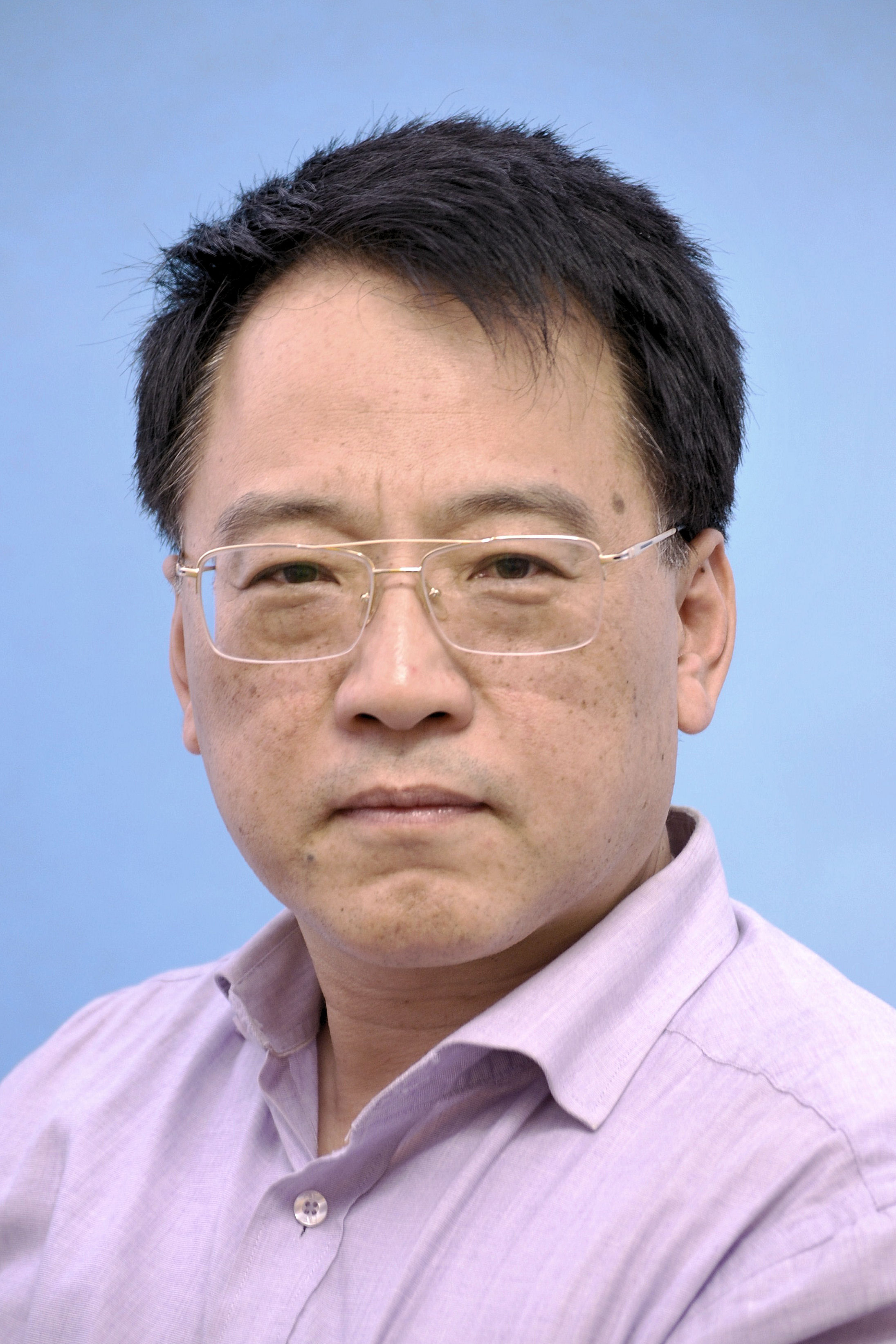Biography
Peyman Goli received the Ph.D. degrees in Electronic Engineering from Noshirvani University of Technology, Babol, Iran, in 2017. He is faculty and head of the department of electrical and computer engineering and vice president of student affairs in Khavaran Higher Education Institute (KHI), Iran. Also, He was chair assistant in national conference on Electrical, Electronic and Biomedical Engineering & Sustainable Land, (11th SASTech), Mashhad, Iran, (December, 2016). His main interest is about speech intelligibility improvement in noisy environments. Also, He is interested about signal and speech processing including speech quality and intelligibility enhancement, echo cancellation, speech coding and speech recognition.
Research Interest
Speech intelligibility improvement, Speech quality enhancement, Digital signal processing (speech, image), Adaptive filters (acoustic echo cancellation and speech noise cancellation), Function optimization algorithms

Dim-Lee Kwong
Professor
A*STAR, Institute for Infocomm Research
Singapore
Biography
Prof. Dim-Lee Kwong is the Executive Director of the Institute for Infocomm Research (I2R), Agency for Science, Technology and Research (A*STAR), Singapore and a Professor of Electrical and Computer Engineering at the National University of Singapore (NUS). He was the Executive Director of the Institute of Microelectronics (IME) from 2005-2016, the Earl N. and Margaret Bransfield Endowed Professor at the University of Texas at Austin from 1990-2007 and a Temasek Professor at NUS from 2001-2004. Prof. Kwong received the IBM Faculty Award for 1984-86, Semiconductor Research Corporation (SRC) Inventor Awards in 1993 and 1994, Halliburton Foundation Research Award in 1994, Engineering Foundation Outstanding Teaching Award in 1995, IEEE George Smith Award in 2007, and the 2011 IEEE Frederik Philips Award with citation: "For leadership in silicon technology and excellence in the management of microelectronics R&D." He was conferred the President’s Science and Technology Medal in 2012 for his distinguished, sustained and exceptional contributions to Singapore’s science and engineering landscape, particularly in advancing the semiconductor industry through R&D, forging strategic research partnerships, and enhancing the competitiveness of Singapore’s semiconductor ecosystem for a knowledge-based economy. He holds the role of Special Advisor on the Asia-Pacific Leadership Council of Global Semiconductor Alliance (GSA) and serves on the Board of Advisors of Singapore Semiconductor Industry Association (SSIA). Prof. Kwong is an IEEE Fellow, is the author or co-author of more than 1100 refereed archival publications, has delivered more than 90 plenary, keynote and invited talks at international conferences, and has had more than 25 U.S. patents granted. Over 60 students have received their Ph.D. degrees under his supervision.
Research Interest
semiconductor industry through R&D, forging strategic research partnerships, and enhancing the competitiveness of Singapore’s semiconductor ecosystem for a knowledge-based economy,Global Semiconductor Alliance (GSA), Singapore Semiconductor Industry Association (SSIA)
Biography
Hong Wang received the BSc, MEng and PhD degrees from Huainan University of Mining Engineering (AHUST) and Huazhong University of Science and Technology (HUST) in P R China 1982, 1984 and 1987, respectively. He then worked as a postdoc at Salford, Brunel and Southampton Universities (UK) between 1988 and 1992. He joined UMIST (UK) in 1992 and had been a Professor in April, 2002 before he joined Pacific Northwest National Laboratory (UK) as a lab fellow and chief scientist in controls earlier in 2016.Hong Wang is a fellow of IEE and InstMC, a member of 3 International Federation of Automatic Control Technical Cttee and associate editor for IEEE Transactions on Control Systems Technology and IEEE Transactions on Automation Science and Engineering. He was associate editor of leading control journal IEEE Transactions on Automatic Control, editorial board member for 7 international journals and has served as IPC member and conference chairman for many international conferences. Wang's research are in advanced control design for complex systems with applications in power grid and industrial process control, he originated the work on stochastic distribution control, where the main purpose of control input design is to make the shape of the output probability density functions to follow a targeted function. He is the leading author of three books and has also published over 300 papers in international journals and conferences.
Research Interest
Control Systems, IEEE Transactions on Automation Science and Engineering, power grids, stochastic distribution control, probability density functions.






















